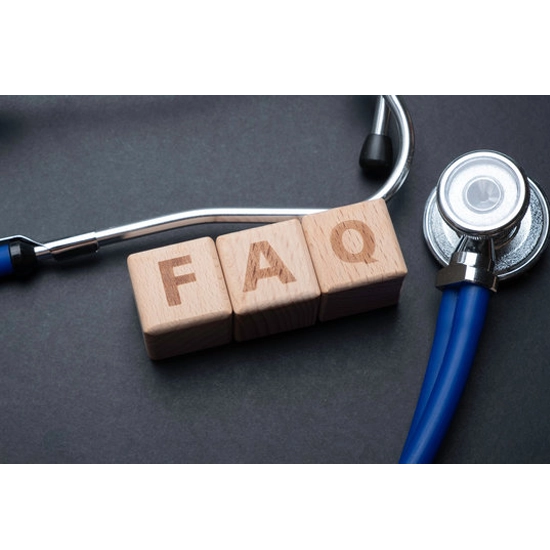 Sequencing.webp)
Book Tuberous Sclerosis (TSC2) Sequencing Appointment Online Near me at the best price in Delhi/NCR from Ganesh Diagnostic. NABL & NABH Accredited Diagnostic centre and Pathology lab in Delhi offering a wide range of Radiology & Pathology tests. Get Free Ambulance & Free Home Sample collection. 24X7 Hour Open. Call Now at 011-47-444-444 to Book your Tuberous Sclerosis (TSC2) Sequencing at 20% Discount.
Tuberous sclerosis, also known as the tuberous sclerosis complex (TSC), is a rare hereditary condition that results in the development of tumors throughout the body. These growths are benign growths. Non Cancerous tumors, often known as benign tumors, are unanticipated overgrowths of cells and tissue.
The onset of tuberous sclerosis frequently occurs in infancy or childhood. Tuberous sclerosis can occasionally have symptoms that are so subtle that the disorder is either never diagnosed or not recognised until adulthood. Serious impairments are occasionally brought on by tuberous sclerosis.
Tuberous sclerosis has no known treatment and there is no way to forecast how severe it will get over time. However, there are remedies to control symptoms.
The symptoms of tuberous sclerosis are brought on by non-cancerous growths in various body organs, most frequently the skin, brain, eyes, kidneys, heart, and lungs. However, any area of the body could be impacted. The rigor of the manifestation can vary pivoting on the extent or locale of the expansions.
Although the signs and symptoms of tuberous sclerosis vary from person to person, they may include:
Skin alterations: Most frequently, skin changes occur. These include spots of skin that are paler and little patches of skin that are thicker, smoother, or bumpier. There may be elevated, discolored regions of skin on the forehead. There may be tiny, soft lumps under or around the nails. Childhood-onset facial growths that resemble acne are rather prevalent.
Seizures. Seizures may be related to brain growth. Frequently, a seizure is the initial sign of tuberous sclerosis. Infantile spasm, a common type of seizure in young children, is characterized by rigid arms and legs as well as an arched back and head.
Behavioral issues: Hyperactivity, self-harm or violence, as well as challenges with social and emotional adjustment, are examples of typical behavioral problems.
kidney issues: Kidney growths are frequent, and as people age, more growths may appear.
Clinical Importance: Identifies changes in the TSC2 gene's sequence in people with tuberous sclerosis, a condition that can include any one or more of the following symptoms: seizures, developmental delay, skin lesions, cortical tubers, and hamartomas.
Next Generation Sequencing is the methodology.
Please label each specimen tube with two patient identification numbers. These forms of identification must also be included on the request form.
Type of Specimen: Whole blood
Sample Stability: 10 days at room temperature, 10 days in a refrigerator, and unacceptable in a freezer.
Specimen Conditions: 8 mL (6 mL minimum) In two EDTA tubes with lavender tops, entire blood was obtained. Children ages 0 to 3: 2 mL (1 mL minimum)
Instructions: Increased blood volumes guarantee acceptable DNA concentrations, which vary depending on WBC, specimen quality, and the requirement for confirmatory tests. Patients ages 0 to 3 had increased WBC, which produces more DNA per milliliter of blood.
| Test Type | Tuberous Sclerosis (TSC2) Sequencing |
| Includes | Tuberous Sclerosis (TSC2) Sequencing (Pathology Test) |
| Preparation | |
| Reporting | Within 24 hours* |
| Test Price |
₹ 22912
|

Early check ups are always better than delayed ones. Safety, precaution & care is depicted from the several health checkups. Here, we present simple & comprehensive health packages for any kind of testing to ensure the early prescribed treatment to safeguard your health.